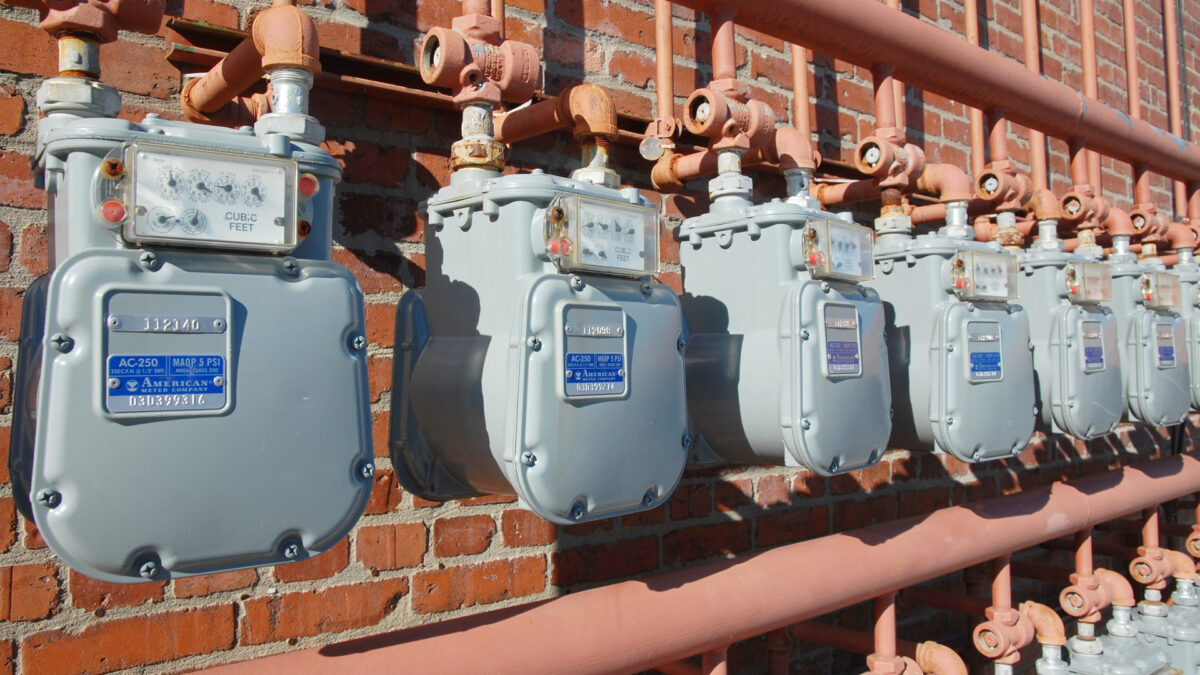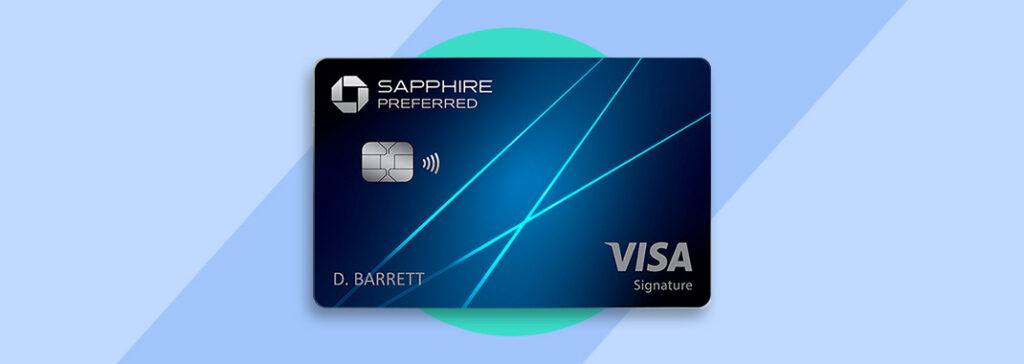Most products on this page are from partners who may compensate us. This may influence which products we write about and where and how they appear on the page. However, opinions expressed here are the author's alone, not those of any bank, credit card issuer, airline or hotel chain. Non-Monetized. The information related to Chase credit cards was collected by Slickdeals and has not been reviewed or provided by the issuer of these products. Product details may vary. Please see issuer website for current information. Slickdeals does not receive commission for these products/cards.
Rental and investment property can be a good way to generate passive income for people. But landlords and investment property owners can end up paying high taxes if they don't know what deductions to make, what provisions are available for relief, and how to maximize their rental income. We'll help answer some important tax questions for landlords and provide tips on how to navigate taxes for rental income and properties.
What Is Considered Rental Income?
The Internal Revenue Service (IRS) defines rental income as any payment received for the use or ococupation of a property, and this can include more than just regular rent. Here's a list of everything you must report as rental income:
- Rental payments collected from tenants: No matter how often you collect rent, you must report regular rent or lease payments for the year you receive them. This applies even if the tenant is leasing with the option to buy.
- Advance rent made by tenants: You must declare advance payments in the year it was collected. For example, if you collect the first and last month's rent upfront, the combined payments would be considered income and must be reported in the year that it was paid to you.
- Lease cancellation fees: Any fees or penalties for canceling a lease are also rental income, and must be reported in the year that it was received.
- Expenses paid for by the tenant: Some tenants pay for expenses not included in the lease, such as water, sewage, repairs, or perform trade work as payment. Property owners can deduct all these expenses from their rent, but the trade or service must be determined at fair market value. As the landlord, you must still report the total rent before any deductions if these expenses are your responsibility. You can later use the receipt or proof of payment to deduct the costs from the return as a business expense.
- Security deposits: Any part of the security deposits that were used as final payment of rent or used to cover damages must be reported as income. Security deposits that you intend to return to a tenant are not considered income.
When landlords or investment property owners file their tax returns (Form 1040), they must report rental income and expenses on a Schedule E Form 1040 attached to the tax return.
What Can Be Deducted from Rental Property Income?
Renting out income properties is considered a business, so you can itemize and deduct any costs that qualify as a business expense. These include regular expenses needed to operate and maintain a rental property. Here are a few examples:
- Advertising: This includes all costs of marketing your rental property or units via mail, online, TV and radio, or other means.
- Insurance: You can deduct premiums you paid for various kinds of insurance for rental properties, such as fire, flood, theft, and liability insurance.
- Legal fees: These deductions may include payments to lawyers, accountants, property management services, and other legal professionals that you used for rental-related activities.
- Maintenance and repair: You can deduct the costs of materials and services, provided the repairs are necessary for maintenance and upkeep - not for improvements.
- Mortgage interest: In addition to the interest on loans or the mortgage for your rental property, you may be able to deduct credit card interest if it was used towards qualified expenses related to your rental business.
- Property taxes: Property taxes are also considered an operating expense that can qualify for tax deductions. However, there is a $10,000 limit to deductions.
- Realtor’s fees: Like advertising costs and professional services, realtor’s fees are considered a business expense.
- Salaries: You can deduct employee salaries as business expenses.
- Utilities: Utilities are considered part of the necessary operating costs of your rental business, and can qualify as a deductible expense.
What Cannot Be Deducted From Rental Property Income?
There are expenses and losses that you cannot list as deductions according to the IRS, such as:
- Expenses for personal use
- Expenses on a rental property used by a family member where rent is not received
- Improvements made to the property
- Uncollected rent from tenants
Can Landlords Deduct Home Improvement Costs?
The cost of home improvements cannot be deducted as an expense. Property owners can deduct maintenance and repair expenses, but changes or repairs that are “for a betterment or restoration or adaptation to a new or different use” are classified as improvements and do not qualify for deductions.
You can recover improvement costs by reporting depreciation of the rental property.
You report depreciation on Form 4562, starting the year your property first becomes available as a rental property or the first year you begin to make improvements and add furnishings.
How to Report Rental Income
Here is a general guide on how to report your rental income on your tax return:
- Gather your records: Compile all financial statements, receipts, deductible expenses, and other paperwork related to your rental property. You'll need these when preparing your returns and determining your income, expenses, and deductions.
- Fill out Form 1040 Schedule E: Fill in the fields to declare your total income and expenses for each rental property on Form 1040 Schedule E. The form only has space for three rental properties, so if you have more than three, fill out and attach additional Form 1040 Schedule Es. You will only need to fill in the totals on the primary Schedule E.
- Fill out Form 4562: See the Instructions for Form 4562 to figure the amount of depreciation to enter on line 18 of the Form 1040 Schedule E.
Some investors find reporting rental income tax complicated, so it's recommended that you consult with a tax professional.
Tips for Landlords and Investment Property Owners
1. Keep Good Records
Without good records, landlords and investment property owners could end up paying extra taxes or being audited. Get into the habit of creating a paper trail for each source of rental income and deductible expenses.
You should keep records of:
- Bank statements
- Rental receipts
- Payments and invoices for maintenance performed
- Travel expenses
- Office expenses
- Utility bills
- Other receipts related to your property
It's essential for you to provide proof of any expenses claimed as deductions when you are preparing your tax return. That way, you can limit the number of red flags and make a potential auditing process as smooth as possible. You can also help avoid penalties or additional tax bills if you keep detailed records.
2. Maximize Your Deductions
Get familiar with what qualifies as a deduction and what you can deduct as a business expense. There are some expenses that you may not immediately recognize as such, for example:
- A home office: If you run your rental business from your home, you can deduct your home office expenses as business expenses. You can even deduct a portion of your home expenses by calculating your home office's square footage as a percentage.
- Travel and mileage: If your rental business requires you to travel, your travel, hotel, and food costs may qualify as business expenses. You can also track vehicle and gas expenses if you use your personal vehicle for business activities. An easy method is to monitor the mileage and record it at the rate the IRS periodically sets.
- Property maintenance: Necessary repair or maintenance work, such as plumbing, landscaping, and painting may qualify for deductions.
3. Understand the Distinction Between Improvements & Repairs
Home improvement expenses are not tax deductible while repairs and maintenance expenses can be deducted from that year's income. Understanding this distinction is key when deciding what types of projects to perform, and how they affect your taxes.
Home improvement involves substantial changes that add to the property's value, such as:
- Adding new structures
- New pool
- New roofing
- Installing new systems
- Complete remodels
Repairs, on the other hand, are necessary to keep the building in good condition, such as:
- New paint
- Fixing broken windows
- Repairing appliances
4. Know Your Deadlines
If you are filing as an individual, the Tax Day deadline for most households applies. For example, for the 2022 tax year, the deadline is Tuesday, April 18, 2023. If you request an extension, then Monday, October 16, 2023 becomes your new filing deadline. However, if you file as a partnership or corporation, the deadline is a month earlier, on Wednesday, March 15, 2023.
 Related Article
Related Article
9 Best and Cheapest Online Tax Services
Frequently Asked Questions
-
The landlord is legally responsible for paying property taxes, not the tenant. That said, many landlords spread the cost of property taxes across their rental units by including it in the rent. So essentially the landlords are passing off the cost of property taxes to the tenants. In this scenario, one reason why rent prices may go up is that property taxes have risen.
-
Reports from financial institutions, property records, routine audits, a whistleblower, and IRS software tools could reveal your unreported income. If you do not report your rental income, there are ways the IRS may discover it - and the consequences can exact a heavy price.
-
Failure to report rental income can result in penalties and fines, seizure of assets, liens, and even criminal charges.













